China, Russia among global priorities, including in Arctic, in U.S. security strategy

Out-competing China and constraining Russia, including in the Arctic, are among the global priorities laid out in the U.S. national security strategy released on Wednesday.
“The People’s Republic of China harbours the intention and, increasingly, the capacity to reshape the international order in favor of one that tilts the global playing field to its benefit, even as the United States remains committed to managing the competition between our countries responsibly,” U.S. President Joe Biden said in the document’s introduction.
“Russia’s brutal and unprovoked war on its neighbor Ukraine has shattered peace in Europe and impacted stability everywhere, and its reckless nuclear threats endanger the global non-proliferation regime.
“Autocrats are working overtime to undermine democracy and export a model of governance marked by repression at home and coercion abroad.”
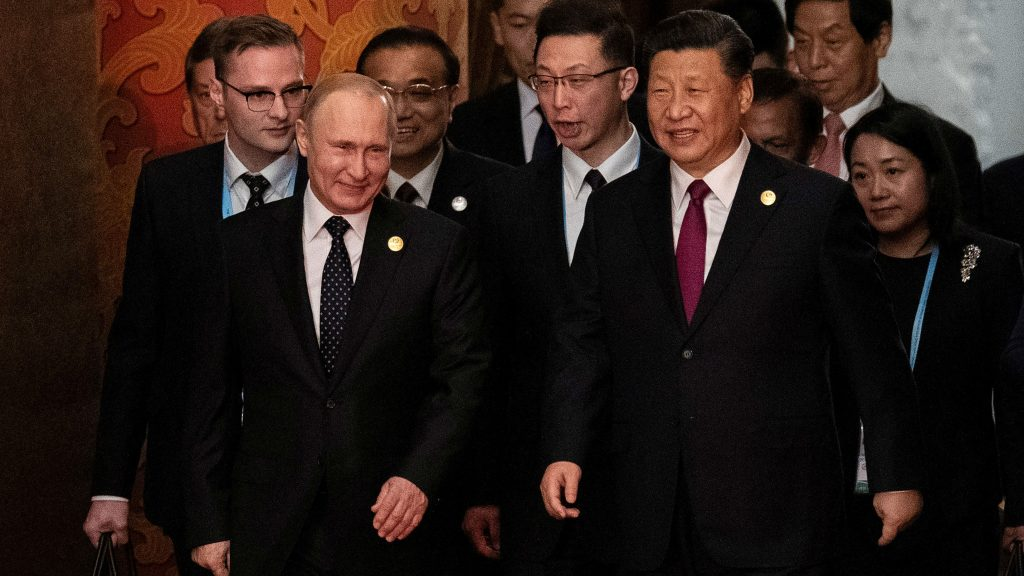
In the section concerning the Arctic, the U.S. strategy says the government will improve measures in a variety of areas, allowing the country to more effectively operate in the region.
“We will uphold U.S. security in the region by improving our maritime domain awareness, communications, disaster response capabilities, and icebreaking capacity to prepare for increased international activity in the region,” the document says.
“We will exercise U.S. Government presence in the region as required, while reducing risk and preventing unnecessary escalation.”
Challenges to Arctic cooperation
Russia’s invasion of Ukraine this year has upended northern cooperation everywhere from the Arctic Council to important scientific and climate monitoring work between Russia and other countries. But the U.S. says it remains committed to the survival of the Arctic Council and the work of other northern fora.
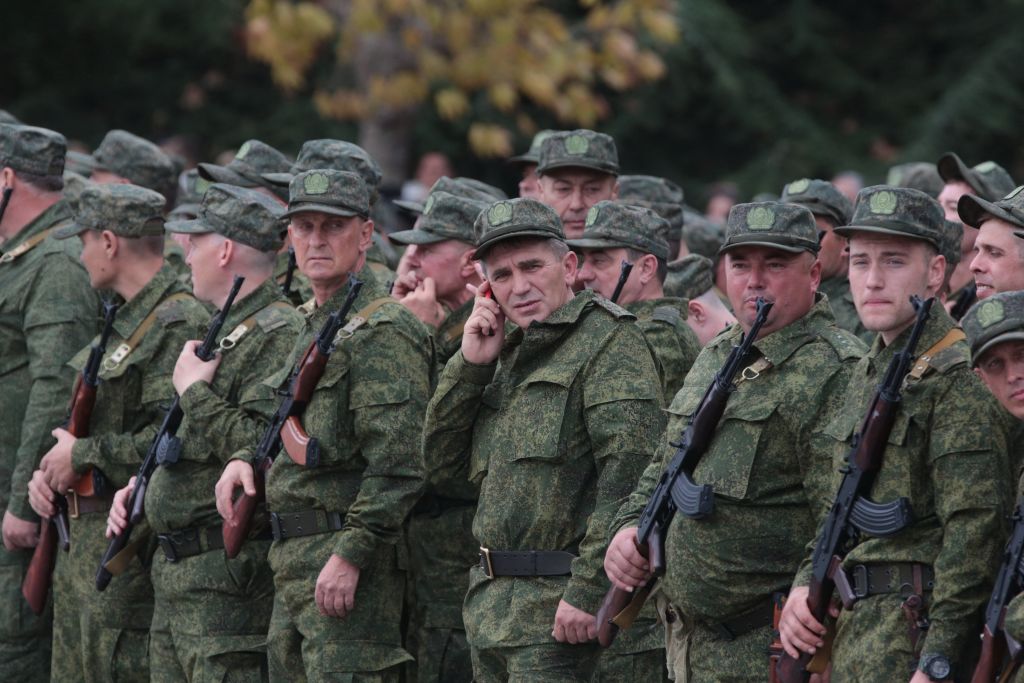
“Russia has invested significantly in its presence in the Arctic over the last decade, modernizing its military infrastructure and increasing the pace of exercises and training operations,” the U.S. strategy says.
“Its aggressive behavior has raised geopolitical tensions in the Arctic, creating new risks of unintended conflict and hindering cooperation.”
“Arctic nations have the primary responsibility for addressing regional challenges, and we will deepen our cooperation with our Arctic allies and partners and work with them to sustain the Arctic Council and other Arctic institutions despite the challenges to Arctic cooperation posed by Russia’s war in Ukraine.”
Dual-use scientific engagements
The U.S. security strategy describes China as “…the only competitor with both the intent to reshape the international order and increasingly, the economic, diplomatic, military, and technological power to do it.”
Besides Russia, China is the other country singled out in the Arctic section.
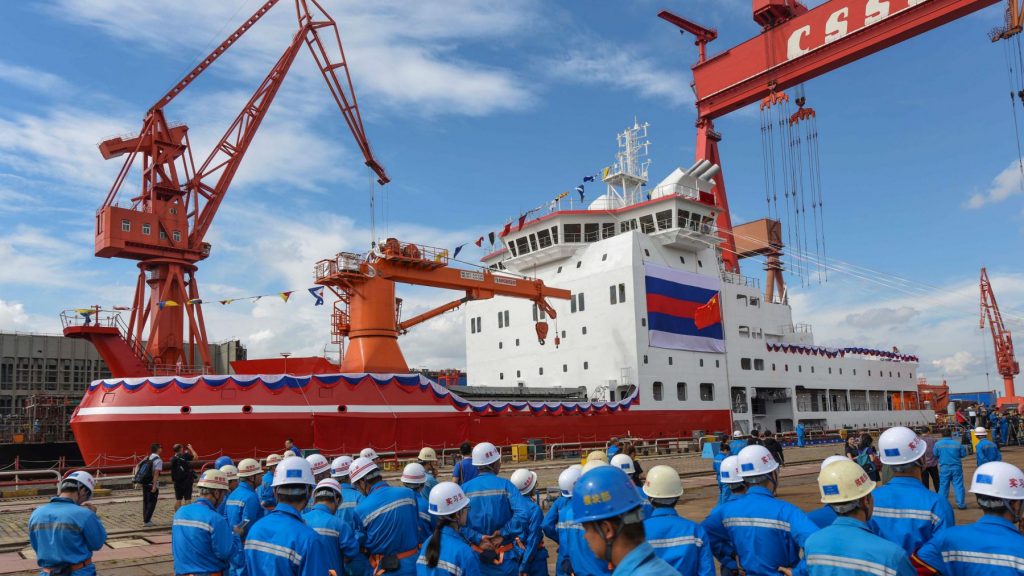
Since 2013, China has been an observer country on the Arctic Council, and has sought an increasingly active role in the Arctic. In 2018, it issued a policy document that laid out the country’s plans for massive investments and infrastructure projects in the North, establishing a so-called ‘Polar Silk Road.’ It’s also heavily investing in energy projects in the Russian Arctic.
“The PRC has also sought to increase its influence in the Arctic by rapidly increased its Arctic investments, pursuing new scientific activities, and using these scientific engagements to conduct dual-use research with intelligence or military applications,” the U.S. strategy says.
Climate change other major focus
Climate change in the Arctic will continue to transform the region, both threatening northern communities and ecosystems as well as creating new economic opportunities and feuling increased international jockeying for position in the region, the security strategy says. And as this happens, consultation and collaboration with Alaska Indigenous communities must also be done, the document says.
“We must build resilience to and mitigate climate change in the region, including through agreements to reduce emissions and more cross-Arctic research collaboration,” the paper said.
“As economic activity in the Arctic increases, we will invest in infrastructure, improve livelihoods, and encourage responsible private sector investment by the United States, our allies, and our partners, including in critical minerals, and improve investment screening for national security purposes.
“Across these efforts, we will uphold our commitment to honor Tribal sovereignty and self-governance through regular, meaningful, and robust consultation and collaboration with Alaska Native communities.”
Write to Eilís Quinn at eilis.quinn(at)cbc.ca
Related stories from around the North:
Canada: Senate committee studying Arctic security in response to int’l interest in region, CBC News
Finland: No return to pre-war reality when it comes to Arctic cooperation, says Finnish rep, Eye on the Arctic
Iceland: Canada’s GG among keynote speakers at Arctic Circle Assembly, Eye on the Arctic
Norway: Norway limits access for Russian fishing trawlers in security push, Thomson Reuters
Russia: Newly deployed nuke-bombers at Kola is certainly a signalling, expert says, The Independent Barents Observer
United States: Two Russians seek asylum after reaching remote Alaska island, The Associated Press


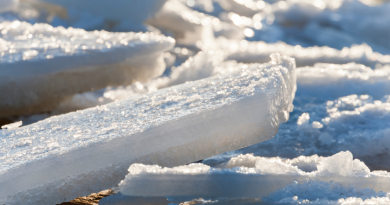
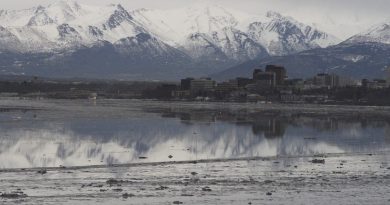
very clear and good article easy to understand. Thank you